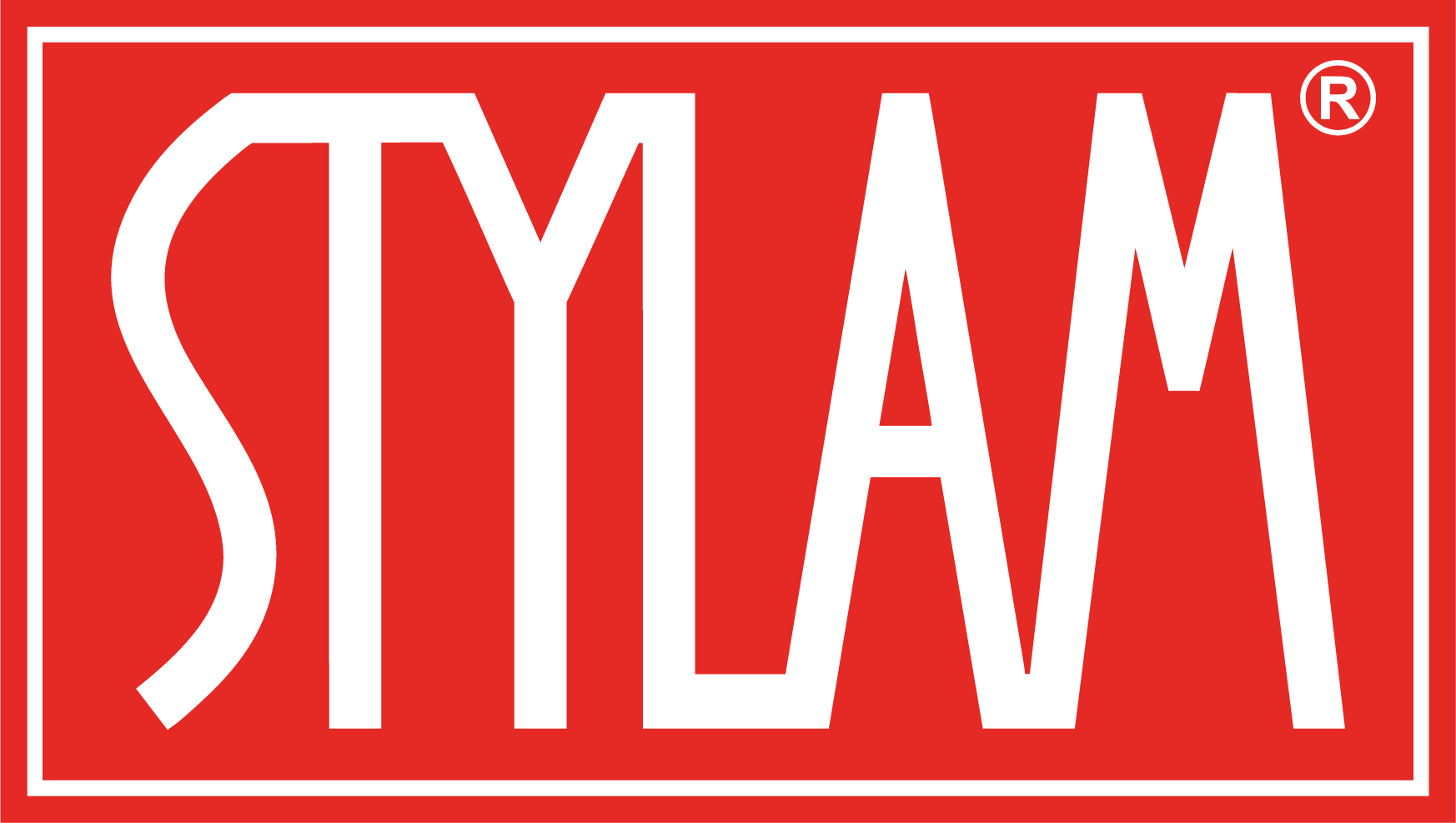LAB GRADE COMPACTS
LAB GRADE COMPACTS
Stylam Lab Grade Compact Boards can withstand environments having chemicals and harsh reagents/solutions as they provide exceptional resistance to chemicals without compromising on style engineered. Besides being chemical resistant, these laminates are anti-soiling, antibacterial as well as antifungal, thus easy to clean.
These Lab Grade Compact Boards with high scratch as well as abrasion resistance are developed for highly corrosive areas, providing an exceptional resistance performance against areas such as Medical, Chemical Labs, Educational Facilities and bacterial contaminated spaces.
PRODUCT CONSTRUCT

FEATURES & ATTRIBUTES
Highly Resistant to Chemicals
Scratch resistant
Abrasion resistance
Compact Laminates: Durable Solutions for Laboratory Environments
Selecting the appropriate materials is essential for designing laboratory facilities that are both safe and effective. Compact laminates combine chemical resistance, ease of maintenance, and durability, making them the perfect choice for lab surfaces.
Exterior Compact Laminate: Beyond the Lab
Although exterior compact laminate is mainly utilized in laboratories, it is also quite effective in outdoor applications. Because of its resistance to weather, it can be used for architectural cladding, outdoor furniture, and exterior signs
Why Choose Compact Laminate Suppliers?
Reputable compact laminate suppliers offer premium materials that satisfy exacting industry requirements. They provide:
Professional advice when choosing a product
specialized solutions for particular laboratory needs
Observance of safety guidelines
Our comprehensive range includes durable exterior cladding panels, stylish restroom cubicles and washroom cubicles, robust industrial laminates, and high-performance meeting diverse architectural and functional needs.
FAQ'S
Labgrade compact is made using a special process called Electron Beam Curing (EBC), which makes it easy to clean and highly resistant to a wide range of harsh chemicals and cleaning agents. It also possesses natural antimicrobial qualities. In settings that prioritize cleanliness, preventing contamination, sustainability, ergonomics, and safety, Stylam Labgrade small is a great option. Around the world, Stylam Labgrade is widely utilized in a range of lab settings, including chemical, physical, analytical, and microbiological labs.
